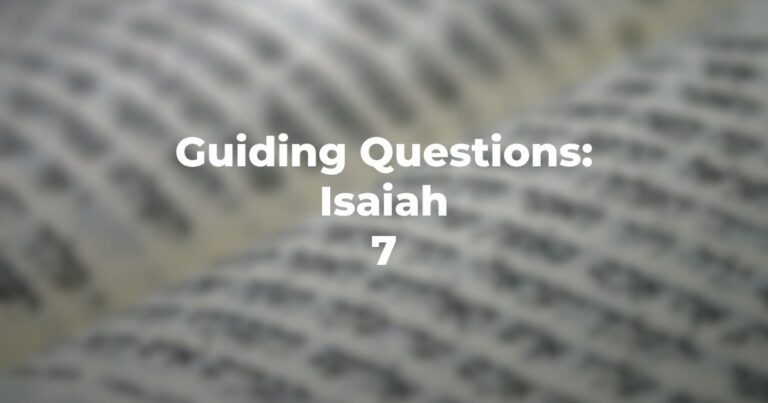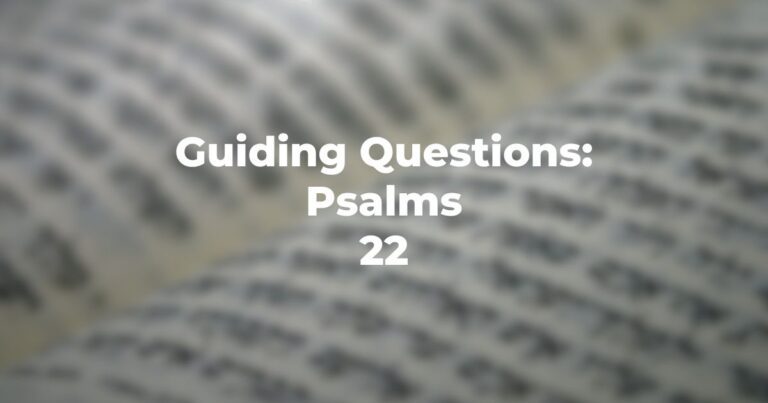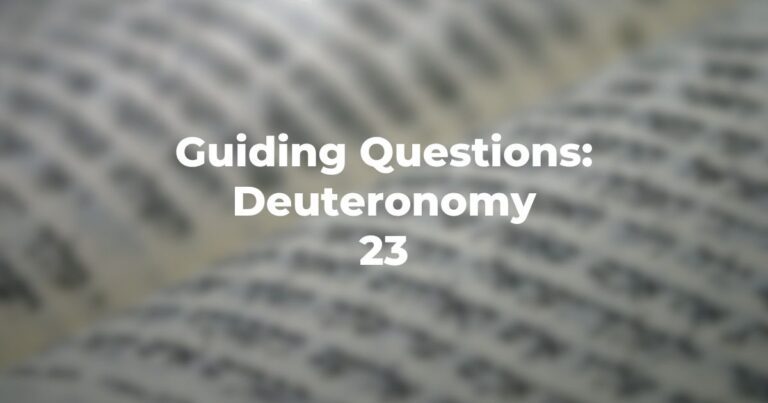- Does this chapter describe a community as homogenous in its thinking/reaction?
- Will the same experience have different consequences depending on the perceiver(s)?
- Can the “lumpenproletariat” lead the overall community; or are feelings infectious?
- Can petty desires which are immediate overcome desire/needs in terms of major long-lasting objectives?
- When the present is (even marginally) demanding, can memory become a variable stressing the “good old days?” Is nostalgia selective?
- Will even the finest, most patient leader complain at times? However, will such a leader blame the people or denounce them?
- Or, will he assert his own inadequacy for the task?
- Is Mosheh’s position in this chapter that the people (as at the golden calf incident) must be protected (or at least cared for) at all costs, even if it means his end as a leader? Put otherwise, is the difference between the politician and the statesman that, where the latter is concerned, he will focus the problem on himself and the solution must come from him?
- Is the solution to the problem of over-centralization of authority to make the leader “supernatural” with “supernatural talents and attributes” or, rather, to decentralize (some of) the authority?
- Will more teachers alleviate mass misunderstanding and general strain on the part of the group? Can complaining be offset by increasing the number of “Mosheh-type personalities” as distinct from law “shotrim”, that is, law enforcers rather than law explicators?
- Can unfettered desire result in unfettered indulging?
- Can unthinking, extreme desire threshold disaster?
- In reading Numbers 11:21-22, does it appear that even the most committed leader can (will) still have moments of doubt and might even wax sarcastic?
- Is the doubt of the committed dealt with in the same fashion as the doubt (and action) of the perpetually vacillating? Put otherwise, are there gradations of consequence in “questioning” God’s omnipotence?
- In Numbers 11:25, does it appear that the essence of the teacher/leader is projective instruction rather than personal charisma?
- And, in Numbers 11:26-27, does the teacher/leader need a magic place to evidence his skill/concern?
- In Numbers 11:27-29, is the message that leadership trainees (Joshua, for example) are prone to be meticulous about the detail of major plans, whereas the tested leader understands the difference between detail and objective?
- Does the responsible leader aspire to the day when his leadership will have eliminated the need for its exercise?
- The gluttonous are victimized by their gluttony. Does this mean that desire per se is disapproved or, rather, that unfettered desire for immediate satisfaction is not the norm of the Brit/Kadosh approach?
- What does the term “asafsuf” mean and why is the “eyrev rav” (used in the Exodus story) not used here?
- Specifically, what is the complaint of the entire community?
- And, specifically what do the people remember of the Egyptian experience?
- What is meant by the phrase “nafsheynu yevaysha?”
- In this chapter there is a literary device of pluralizing the complaint; what does this achieve?
- Why is it necessary to define “mun?”
- Do the people, or their tribal leaders, bring their complaints to Mosheh?
- In “raising” the problem in this chapter before Divinity, what does Mosheh specifically say of the Israelites and what does he not say?
- To whom (or what) does Moshe seek to direct “God’s anger?”
- Of the seventy people who are gathered, what are their characteristics in terms of appearance, age, strength, speaking ability—or are these not mentioned?
- Do the seventy kneel or “stand tall” as they gather around Mosheh?
- Does the designation of the seventy answer Mosheh’s first request of Divinity?
- What is the answer to the second request (the wish for meat)?
- What is the actual transgression of the Israelites—that they want meat or that they preferred life in Egypt?
- Who questions the possibility of fulfilling the people’s desire; and is this questioner punished for doubting? Why? Why not?
- Where the seventy are concerned, what is meant by “va’yitnabu?”
- Why is Joshua troubled by the “prophesying in the camp” and Mosheh not so?
- In sum, does Divinity deal with the two problems raised in this story—the people’s desire for meat and the leader’s problem of leadership/control?
- In both cases, the quester gets quested but what is the difference between the way the two problems are dealt with?
Author
-

Exploring Judaism is the digital home for Conservative/Masorti Judaism, embracing the beauty and complexity of Judaism, and our personal search for meaning, learning, and connecting. Our goal is to create content based on three core framing: Meaning-Making (Why?), Practical Living (How?), and Explainers (What?).
View all posts




